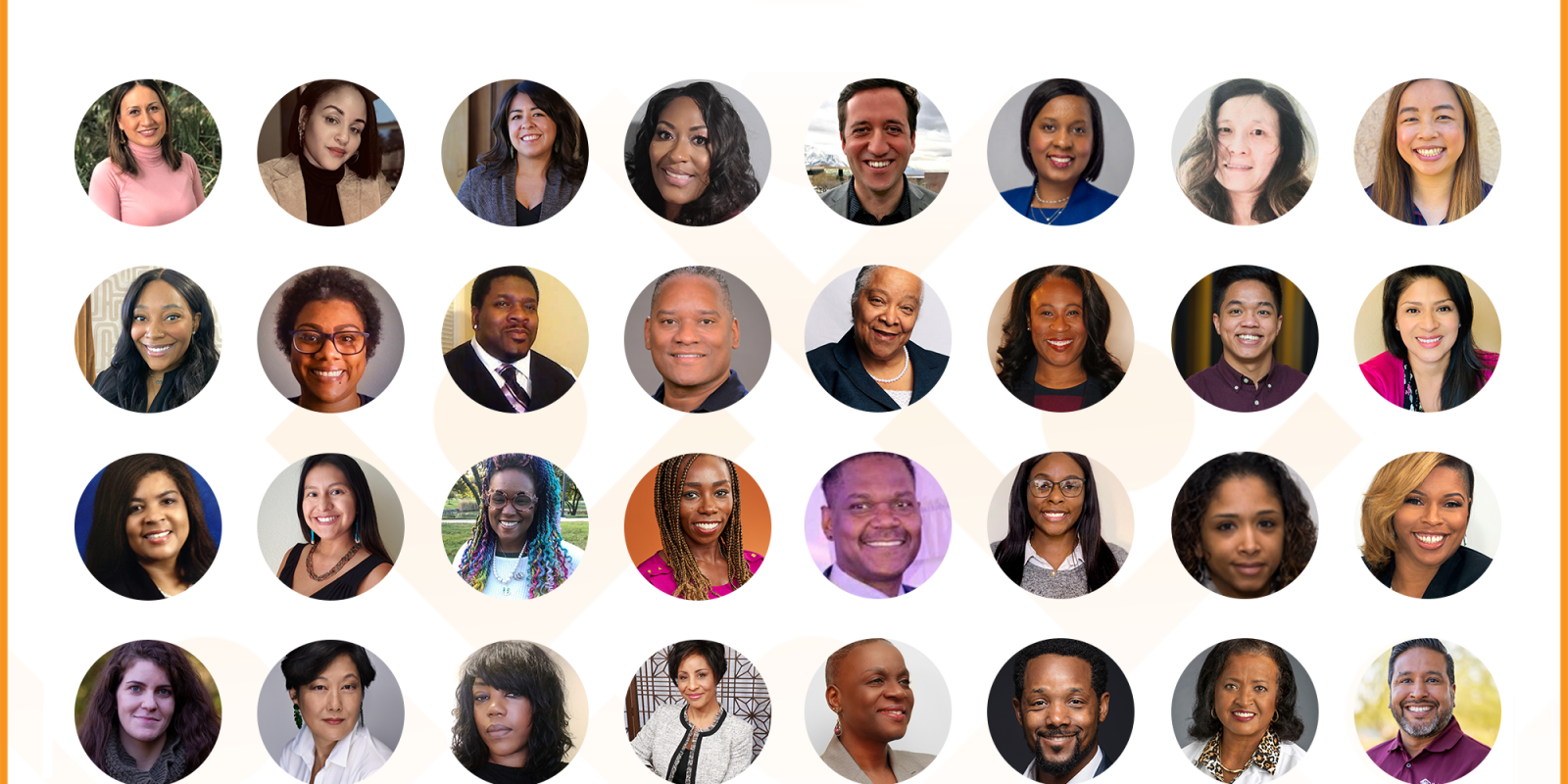On a recent ASA staff virtual call, we played a trivia game with the theme of holidays. Because we were approaching his annual commemoration, one set of questions involved Martin Luther King, Jr. I was embarrassed by my lack of knowledge about this great leader. I spent the afternoon researching Dr. King’s legacy and stumbled across his Commencement address to Oberlin College in June 1965, in which he said, “All I’m saying is simply this: that all life is interrelated, that somehow we’re caught in an inescapable network of mutuality tied in a single garment of destiny. Whatever affects one directly affects all indirectly.”
My superficial interpretation of his remarks was to celebrate his ability to inspire all young college graduates to recognize the power of their actions to determine their destiny. I graduated from a prestigious college and law school to gain high-profile and executive roles in the private, public and non-profit sectors. I did everything as expected and promised, earned my successes, and determined my destiny on my own. Surely, that’s what he meant.
But filtered through a racial equity lens, his remarks mean something entirely different to me—a white, gay man. As a result of my own nascent racial equity work, I am beginning to appreciate how much an individualistic narrative erases the systems and structures that supported my success, and at the same time denies others their full humanity and experience.
‘I believe we will all succeed when BIPOC ideas and leadership are centered.’
Dr. King’s remarks are prescribing an antidote to this conditioning of individualism, a characteristic ascribed to white supremacy culture, by reinforcing the need to recognize how interdependent we are. Because “we’re caught in an inescapable network of mutuality tied in a single garment of destiny” all of us white people must acknowledge that the same conditioning, ideas and ways of being that have denied people of color access to opportunity have privileged white people, while simultaneously denying our humanity.
Investing in BIPOC Leadership in Aging
This is particularly true for our field. Aging in the United States has never been an equitable experience across the barriers of economic and social justice. Exacerbating this issue is the fact that those who can best drive the change we need are often the people who were raised, live and work in the communities most affected by these inequities. And so, much too often, the same inequities and lack of justice that require our response also prevent the most qualified people from having access to lead that response. I believe we will all succeed when BIPOC ideas and leadership are centered.
That is why after more than a year of working with ASA members, our staff, the ASA Rise steering committee, the ASA Board, and with the generous support of the Archstone Foundation, CVS Health, The John A. Hartford Foundation and RRF Foundation for Aging, I am proud to share the launch of ASA Rise on January 25, 2022.
ASA Rise is a launching pad for the next generation of leadership in aging. Our vision for ASA Rise is that it will lead to improved well-being across an increasingly diverse aging population by creating a BIPOC leadership pool that improves policies and programs at the local, state and national levels.
ASA Rise is founded in a simple truth: if the “garment of destiny” we are weaving is devoid of the hopes, joys, aspirations and leadership of people of color, it will be a tattered and weak garment. By contrast, if people of color are centered as leaders in the aging field, our destiny will be robust and promising.
The field of aging needs to recognize the ways BIPOC have been effectively kept out and the ways that elevating their leadership can inform and shape the sector. The field of aging also needs the power of networks and, more specifically, the unique strength of peer-to-peer networks to help people build power and craft leadership.
While ASA Rise fellows will gain knowledge, new relationships and a deepened appreciation for the unique dynamics that come with being a BIPOC leader, I also hope they will generate support for one another and reorient the field through their leadership and ideas. I am so looking forward to learning from ASA Rise’s inaugural fellows as we all seek and gain greater understanding from one another in the service of building racial equity and a truly powerful garment of destiny. After all, as Dr. King said, “whatever affects one directly affects all indirectly.”
Peter Kaldes, Esq., is President and CEO of the American Society on Aging.













